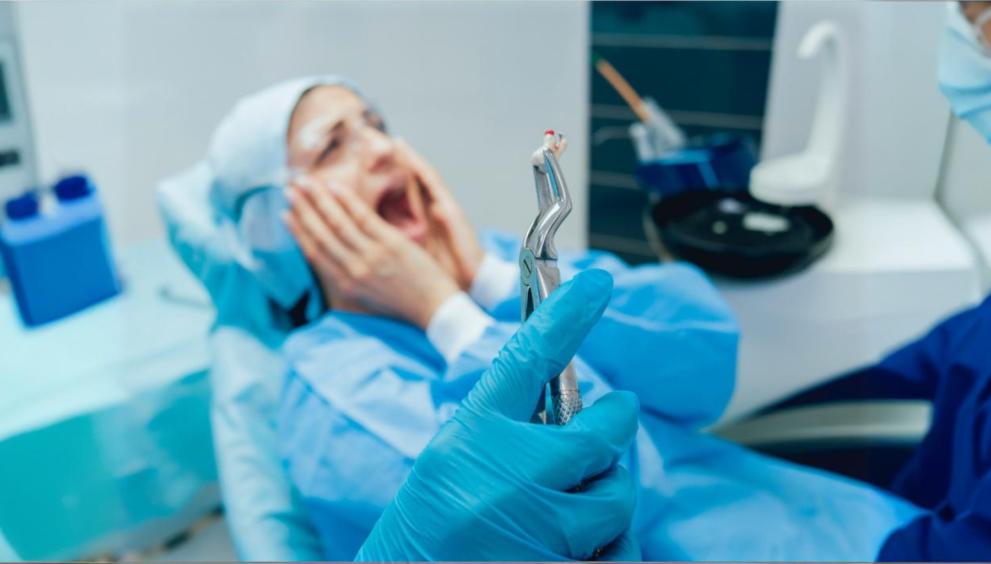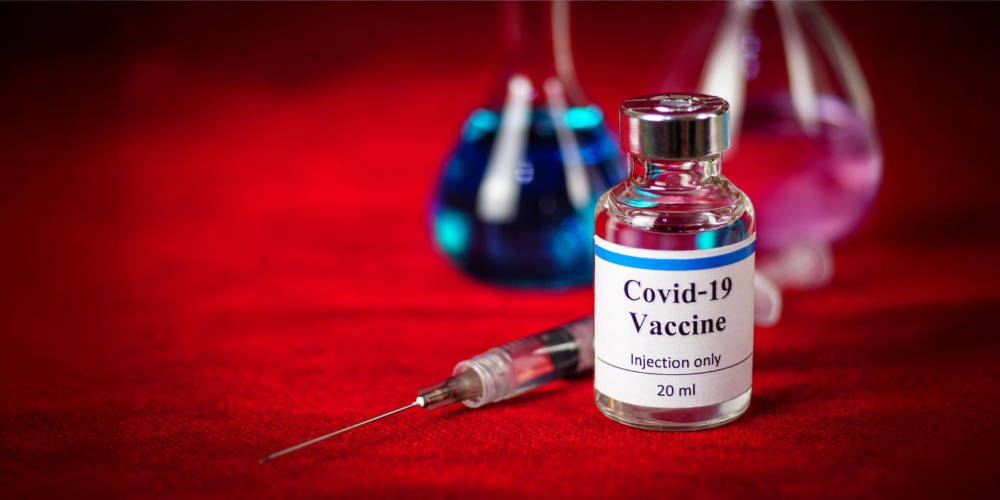FACT CHECK: Wisdom teeth removal & 6 viral false claims about it
The video, which has been played close to 8 million times and has over 72,000 likes, claims that wisdom teeth that grow sideways "straighten out over time," and "should not be removed."
Author
Author
- admin / 12 months

- 0
- 5 min read

Author
A video has been going viral on Instagram, which advocates against the removal of wisdom teeth, and is peppered with multiple claims about the benefits of keeping them, and the dangers of removing even impacted wisdom teeth.
The video, which has been played close to 8 million times and has over 72,000 likes, claims that wisdom teeth that grow sideways “straighten out over time,” and “should not be removed.”
View this post on Instagram
A post shared by Jodie Meschuk – Naturopath and Dr. Mom (@thewarriorcenter)
“The pain is deliberate to rewire the brain and open new pathways. God is truly an intelligent creator as the adrenaline from the pain is actually a hidden gift,” it claims, while adding that the wisdom teeth are “intimately connected to your pineal gland, central nervous system, heart and intestines.”
“They are called wisdom teeth for a reason which is why the system would love to pull them and rob you of your potential. Not only that but it cuts and incredibly important nerve pathway from the brain,” according to the video.
The video was shared by a verified account, by the name of Jodie Meschuk, who describes themselves as a naturopath and a Dr Mom and has over 200,000 followers on the platform. In the caption, Ms Meschuk claims that there is only a “verrrry small percentage of people that actually need them taken out,” but “it’s always because of a root issue that often can be corrected early on.”
“We have become a culture that has now almost demonized having wisdom teeth and it has become a sad “right of passage” to remove them, usually in the late teen years. This has a cascading and dramatic effect on the gut, jaw alignment and even an emotional impact. So let’s NOT remove them but instead understand their purpose and role,” she claims.
“If these are removed you are essentially removing 33% of your molars and digestive ability in the mouth. When wisdom teeth are removed this often also becomes a place of potential injection and can add extra stress to other teeth. Instead of removal look at dental arch widening – this will help to make space if that is needed,” she writes, which then pivots to a call to action to stand against wisdom tooth removal and check out their own dental course.
Let us now fact-check the claims being made in the video regarding wisdom teeth.
For this we need to break down the various components of the assertion and evaluate them against established dental knowledge.
CLAIM #1:
Wisdom teeth grow sideways and then straighten out over time.
FACT:
Evidence shows that they don’t typically straighten out on their own.
Wisdom teeth can indeed grow sideways, a condition known as horizontal impaction, which occurs when there is insufficient space in the jaw for them to erupt properly.
However, unlike the claims in the video, they do not typically straighten out on their own. Instead, impacted wisdom teeth often remain in their position or cause complications such as pain, infection, or damage to adjacent teeth if not addressed.
CLAIM #2:
They should not be removed.
FACT:
The American Association of Oral and Maxillofacial Surgeons supports monitoring and removing wisdom teeth that could lead to disease.
The recommendation for wisdom tooth removal depends on individual circumstances. While some people may keep their wisdom teeth if they do not cause problems, many dental professionals advocate for removal if the teeth are impacted or pose a risk of complications such as infection or crowding of other teeth. The American Association of Oral and Maxillofacial Surgeons supports monitoring and removing wisdom teeth that could lead to disease.
CLAIM #3:
The pain is deliberate to rewire the brain and open new pathways.
FACT:
There is no scientific evidence to support this claim.
This claim lacks scientific support. Pain from wisdom teeth typically results from pressure on surrounding tissues, infection, or inflammation, rather than serving any neurological purpose. Pain management is a standard practice in dentistry, and there is no evidence suggesting that pain from wisdom teeth has any beneficial effects on brain function or neural pathways.
CLAIM #4:
The adrenaline from the pain is actually a hidden gift.
FACT:
Adrenaline can help manage acute stress but does not provide any long-term benefits.
While adrenaline can be released in response to pain, framing it as a “hidden gift” is unfounded. Adrenaline can help manage acute stress but does not provide any long-term benefits related to health. In fact unmanaged pain can increase stress levels in a person, which comes with its own health consequences.
CLAIM #5:
The four wisdom teeth are also intimately connected to your pineal gland, central nervous system, heart and intestines.
FACT:
There is no anatomical or physiological basis for this claim.
There is no anatomical or physiological basis for this claim. Wisdom teeth are molars located at the back of the mouth and have no direct connection to the pineal gland or other organs mentioned. Their removal does not sever any significant nerve pathways that would affect these systems.
CLAIM #6:
Removing the wisdom teeth cuts an incredible nerve pathway from the brain.
FACT:
While nerves do run through the jaw area, removing wisdom teeth does not sever any critical pathways that would impact overall brain function or health.
This assertion is also unfounded. While nerves do run through the jaw area, removing wisdom teeth does not sever any critical pathways that would impact overall brain function or health. Dental procedures are performed with care to avoid damaging important nerves.
Also read: Fact-check: DIY teeth whitening treatments don’t work
(Do you have a health-related claim that you would like us to fact-check? Send it to us, and we will fact-check it for you! You can send it on WhatsApp at +91-9311223141, mail us at hello@firstcheck.in, or click here to submit it online)










